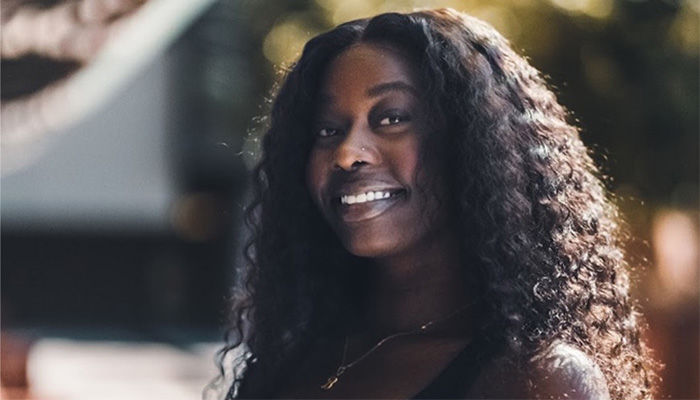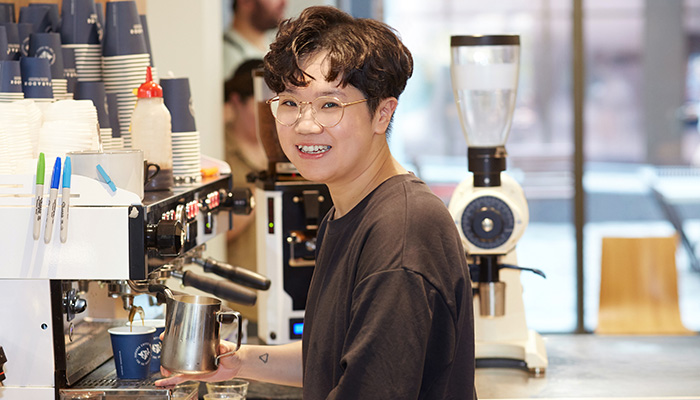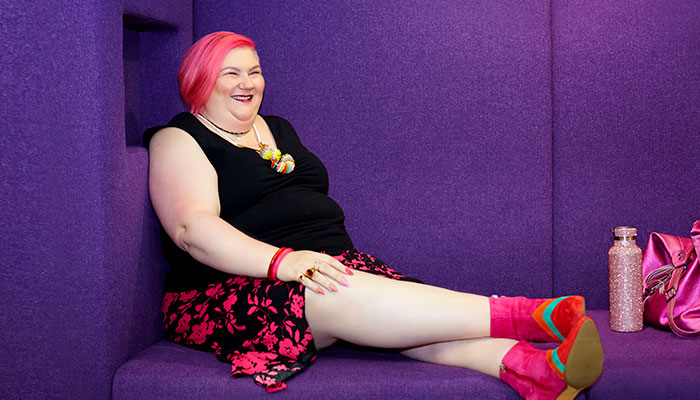“My father was fighter in the Sudan People’s Liberation Army. When we came to Australia on humanitarian visas in 2005, he stayed behind to fight. So mum was on her own with seven children. She had a really hard time at first. She didn’t have much financial support. We moved around a lot. When my eldest brother graduated in pharmacy, we were finally able to buy a family home in Campbelltown.

Advocate: Student Rebecca Nyarnhom, pictured, wants to make a difference in migrant water safety skills when she graduates. Image: Joanne Stephan
Mum really values education. It was one of the reasons she was so adamant about bringing us here. She never went to school herself – she was married at 14 years old and started having babies. She was so happy we had the opportunity to go to school and be educated. Two of my brothers have bachelors degrees now and one has a masters.
I’m studying to be a sociologist. Understanding how societies work – and being able to explain it to others – means I can be an advocate for migrant communities and help interpret the problem of water safety for the government.
I didn’t want any other family to experience the tragedy we had experienced.
My nephew’s name was Riing, He was 15 when he drowned. He was swimming with his friends in the Georges River. He didn’t understand that he couldn’t swim in deep water.
I’ve never felt anything like I did that day when I found out. When you realise that someone so important to you is gone. As his auntie, I just had this overwhelming feeling to want to fix it. To save him. I wanted to say, “I’ll go to the river and get him”. But I couldn’t.
In the weeks afterwards, preparing for his funeral, I kept thinking, 'why did this have to happen to my family?' Then it started to shift to a different feeling. I didn’t want any other family to experience the tragedy we had experienced. I urgently wanted every child to learn to swim, right then and there."



